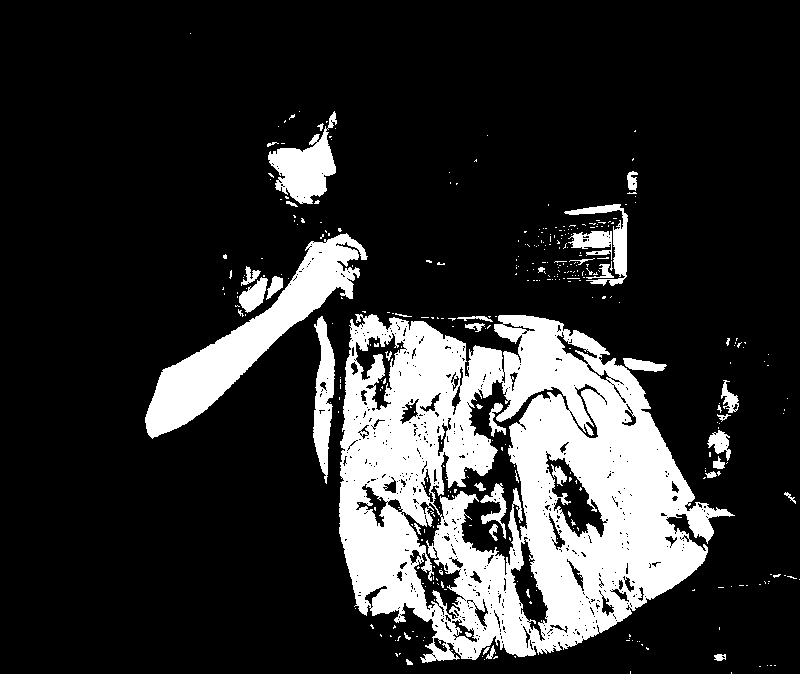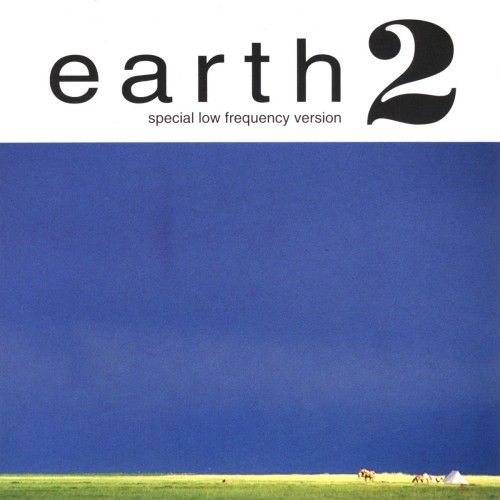Pulver und Asche
 Drawing on their collective backgrounds in electro-acoustic composition, electronic music and free improvisation and with a general avant-garde interest in pushing at boundaries and generally mashing things up musically, El Toxyque, Luca “Xelius” Martegani and Zeno Gabaglio do their best to evoke the spirit of TS Eliot‘s The Waste Land on their second album as Niton. Through the application of cello, self-built instrumentation and a battery of vintage analogue synthesizers of various sorts, they lay out a bleak programme of apocalyptic sounds for the end of humanity on Tiresias, named for the doomsayer of classical legend who saw nothing good would come from avoiding harsh realities, and was blinded by the gods for saying so.
Drawing on their collective backgrounds in electro-acoustic composition, electronic music and free improvisation and with a general avant-garde interest in pushing at boundaries and generally mashing things up musically, El Toxyque, Luca “Xelius” Martegani and Zeno Gabaglio do their best to evoke the spirit of TS Eliot‘s The Waste Land on their second album as Niton. Through the application of cello, self-built instrumentation and a battery of vintage analogue synthesizers of various sorts, they lay out a bleak programme of apocalyptic sounds for the end of humanity on Tiresias, named for the doomsayer of classical legend who saw nothing good would come from avoiding harsh realities, and was blinded by the gods for saying so.
Having set themselves a heftily profound subject, Niton deliver their take on the end of the world in deep listening instrumental form with
a willingness to expand outwards, to really let go, which drives
Tiresis at moments well outside the what could easily be the overly academic confines of its stated aims. This acts as a necessary reminder that, simply because a piece of music might be grounded in theory and inspired by mythology and philosophy, doesn’t always mean that its execution needs to be dry.
These dynamics are well-deployed throughout, and where some meetings of the avant-garde with spacey – not to say spaced-out – electronics can occasionally seem a little forced or a trifle uncomfortable, even, the trio here weave and shift their instrumental textures around each other as well as within and without. So Gabaglio’s fluttery cello explorations might trip and traipse among Xelius’s squittery synths and the thrumbling spasms of El Toxique’s home-made kit, the three of them pulsing off in more technologically familiar directions, oftentimes
surging or loping into full-on intergalactic noisecore mode as the rhythmic intensity builds among the squealing oscillators and FX-drenched strings.
At other times Niton are content to squeak and skronk in less fulsome manner, reversed samples and close-mic’ed clatter leading the way, stumbling sometimes like the freshly blinded Tiresias from pillar to uncomfortable post and rippling up disturbed along the way. Dublike processionals wade through echochamber slurry with their hesitant transitions seguing between half-waking and near sleep, braying, brazen alarms heralding a call to alert from the watchtowers of consciousness. There is a definite sense of journeying here, of a crossing from states of being via passages of motive progression, both as the abstract becomes concretised and the movements more regular, offering brief glances at gilded vistas whose doom may yet be met in
clouds of scalding electronic noise and battered by modular rhythms.
What emerges here is a bravura sequence of diverse soundscapes which almost cry out for some kind of visual or staged accompaniment of suitably intense form to match the music’s powerful presence. Until the day that transpires, listeners will have to remain content with the vibrant, synaesthetically effective images that Niton so ably paint with sound on Tiresias, reaching out towards the depiction of the all-encompassing sublime and the portentously ominous as they do so.
-Linus Tossio-
 Drawing on their collective backgrounds in electro-acoustic composition, electronic music and free improvisation and with a general avant-garde interest in pushing at boundaries and generally mashing things up musically, El Toxyque, Luca “Xelius” Martegani and Zeno Gabaglio do their best to evoke the spirit of TS Eliot‘s The Waste Land on their second album as Niton. Through the application of cello, self-built instrumentation and a battery of vintage analogue synthesizers of various sorts, they lay out a bleak programme of apocalyptic sounds for the end of humanity on Tiresias, named for the doomsayer of classical legend who saw nothing good would come from avoiding harsh realities, and was blinded by the gods for saying so.
Drawing on their collective backgrounds in electro-acoustic composition, electronic music and free improvisation and with a general avant-garde interest in pushing at boundaries and generally mashing things up musically, El Toxyque, Luca “Xelius” Martegani and Zeno Gabaglio do their best to evoke the spirit of TS Eliot‘s The Waste Land on their second album as Niton. Through the application of cello, self-built instrumentation and a battery of vintage analogue synthesizers of various sorts, they lay out a bleak programme of apocalyptic sounds for the end of humanity on Tiresias, named for the doomsayer of classical legend who saw nothing good would come from avoiding harsh realities, and was blinded by the gods for saying so.


